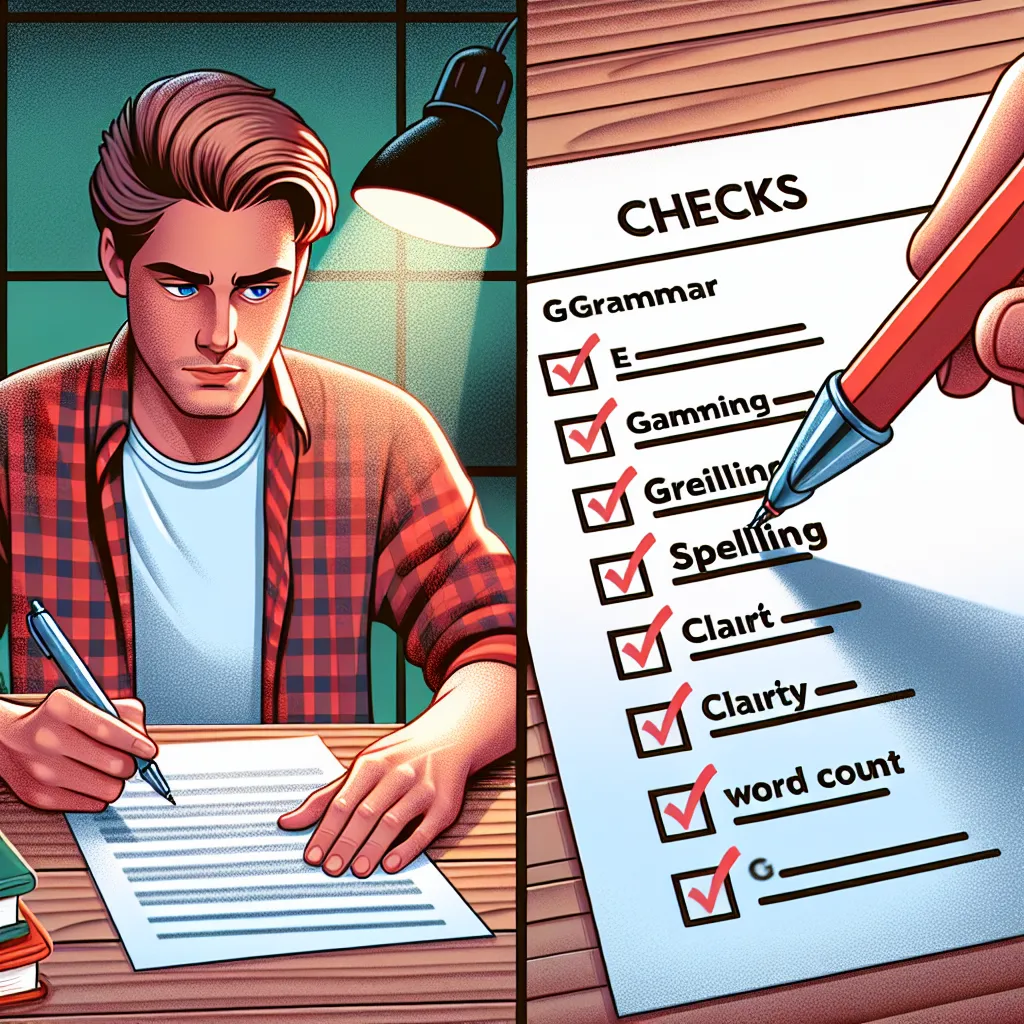Are you preparing for the TOEFL exam and feeling anxious about the Writing section, particularly Task 2? You’re not alone. Many test-takers find this part challenging, but with the right approach, you can master it. In this comprehensive guide, we’ll walk you through the process of answering TOEFL Writing Task 2 opinion essays effectively.
Understanding TOEFL Writing Task 2
TOEFL Writing Task 2 requires you to write an essay expressing your opinion on a given topic. You’ll have 30 minutes to write a well-structured, coherent essay of at least 300 words. This task assesses your ability to express your thoughts clearly and support your arguments with relevant examples.
 TOEFL Writing Task 2 Overview
TOEFL Writing Task 2 Overview
Key Elements of TOEFL Writing Task 2
- Clear thesis statement
- Well-organized paragraphs
- Logical flow of ideas
- Relevant examples and explanations
- Proper use of transition words
- Varied sentence structures
- Appropriate vocabulary
Step-by-Step Guide to Answering TOEFL Writing Task 2 Opinion Essays
1. Analyze the Prompt
The first crucial step is to carefully read and understand the prompt. Identify the main topic and the specific question you need to address. Make sure you’re clear on what the question is asking before you start writing.
Example prompt:
“Do you agree or disagree with the following statement? It is more important for students to study art and music than it is to study math and science. Use specific reasons and examples to support your answer.”
2. Plan Your Essay
Take 3-5 minutes to outline your essay. This will help you organize your thoughts and ensure a logical flow of ideas.
- Introduction: State your position clearly
- Body Paragraph 1: First main point with supporting details
- Body Paragraph 2: Second main point with supporting details
- Conclusion: Restate your position and summarize main points
3. Write a Strong Introduction
Your introduction should:
- Paraphrase the prompt
- Clearly state your opinion (thesis statement)
- Briefly mention your main points
Example:
“While both arts and sciences play crucial roles in education, I disagree with the statement that studying art and music is more important than math and science. In my opinion, a well-rounded education that includes both fields is ideal, but if forced to choose, the practical applications and problem-solving skills gained from math and science make them more essential in today’s technology-driven world.”
4. Develop Body Paragraphs
Each body paragraph should:
- Start with a clear topic sentence
- Provide specific reasons or examples to support your point
- Explain how these examples relate to your argument
- Use transition words to ensure smooth flow
Example:
“Firstly, math and science provide essential skills for many high-demand careers in today’s job market. For instance, professions in engineering, medicine, and technology all require a strong foundation in these subjects. A student who excels in math and science will have more opportunities for lucrative and impactful careers, contributing significantly to society’s advancement.”
5. Use Specific Examples
Concrete examples make your essay more convincing and demonstrate your ability to apply abstract concepts to real-life situations.
Example:
“Consider the development of COVID-19 vaccines. This remarkable achievement was only possible due to the advanced scientific knowledge and mathematical modeling used by researchers. Without a strong emphasis on math and science education, such life-saving innovations would be impossible.”
6. Write a Concise Conclusion
Your conclusion should:
- Restate your thesis
- Summarize your main points
- Provide a final thought or call to action
Example:
“In conclusion, while art and music certainly have their place in education, the practical skills and career opportunities provided by math and science make them more crucial in our modern world. A balance of both is ideal, but if forced to prioritize, the problem-solving and analytical skills gained from math and science are indispensable for personal and societal progress.”
7. Review and Revise
If time allows, take a few minutes to review your essay. Check for:
- Clarity of ideas
- Logical flow
- Grammar and spelling errors
- Word count (aim for 300-350 words)
 TOEFL Writing Task 2 Review Process
TOEFL Writing Task 2 Review Process
Important Tips for TOEFL Writing Task 2 Opinion Essays
-
Practice time management: Allocate about 20 minutes for writing and 5 minutes each for planning and reviewing.
-
Use a variety of sentence structures: Mix simple, compound, and complex sentences to demonstrate your language proficiency.
-
Employ academic vocabulary: Use advanced words appropriately to showcase your language skills.
-
Stay on topic: Ensure all your points directly address the prompt.
-
Be consistent: Maintain your stance throughout the essay.
-
Use transition words: Words like “however,” “moreover,” and “in contrast” help create a smooth flow of ideas.
-
Avoid repetition: Use synonyms and rephrase ideas to keep your writing engaging.
Common Mistakes to Avoid
- Misinterpreting the prompt
- Writing off-topic
- Not providing specific examples
- Using overly simple language
- Neglecting to plan before writing
- Failing to proofread
- Writing too little (less than 300 words)
Next Steps
Now that you understand how to approach TOEFL Writing Task 2 opinion essays, it’s time to put this knowledge into practice. Here are some steps you can take:
- Practice writing essays on various topics, timing yourself to simulate exam conditions.
- Ask a teacher or tutor to review your essays and provide feedback.
- Read sample high-scoring essays to understand what examiners are looking for.
- Build your vocabulary by learning new academic words and phrases.
- Take practice tests to gauge your progress and identify areas for improvement.
Remember, mastering TOEFL Writing Task 2 takes time and consistent effort. Stay focused, practice regularly, and you’ll see improvement in your writing skills. Good luck with your TOEFL preparation!
[internal_links]




